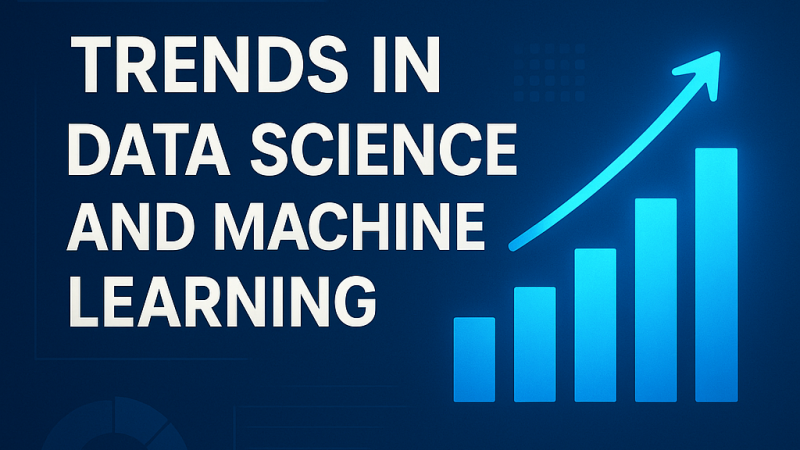How AI Technologies Help Banks and FinTech Startups

Tech giants have always hogged the limelight when it comes to cutting-edge technologies. However, every finance app development company is also showing a keen interest in using artificial intelligence. The financial industry was one of the first sectors to leverage the benefits of AI.
About 80% of banks are aware of the disruptive potential of AI. 75% of respondents in a survey of banks with over $100 billion assets say that they are implementing AI-backed solutions at present when compared with 46% at banks with less than $100 assets.
With the bank’s huge budget, it is not surprising that they are investing top dollars in AI R & R & D.
Driven by the changing market demands –the need for faster services, personalized banking services, and regulatory compliance compulsions-banks seek a digital payment solution to cater to these needs.
According to a report in Business Intelligence Insider, the potential savings for banks from using AI applications could reach $447 billion by 2023.
According to McKinsey, AI technologies in global banking can deliver nearly $1 trillion incremental value every year.
How Banks are Leveraging Artificial Intelligence
The implementation of artificial intelligence in banking services is transforming the financial services landscape. AI-based solutions aim to increase customer engagement, enhanced security, real-time fraud detection, and deliver personalized, tailored products catering to the evolving market.
1. Fraud Detection
AI’s ability to handle large datasets, images, texts, location details, videos, and time-series information well has given rise to AI-based solutions that can detect fraud, money laundering and judge the creditworthiness of individuals.
AI gathers real-time information from digital payment solution apps to monitor user’s behavior. It proactively attempts to identify fraud by detecting deviations in activities. Machine learning, along with AI, helps in detecting discrepancies in details. Since AI has self-learning capabilities, it can also help in identifying undiscovered cases in real-time.
Citibank has made innumerable investments in AI technology firms to help fight financial fraud. Using Feedzai software, CitiBank can track user behavior and detect deviations from that customer’s regular banking activity. Before the transaction is cleared, the AI solution alerts fraud analysts.
Mastercard has also invested in AI to detect fraudulent transactions and increase precision automatically.
2. Contract Analyzer
Another significant benefit of AI in banking and insurance is contract analysis. Contract analyzing tasks are crucial to any financial firm, but it can get monotonous to perform regularly.
AI and machine learning interfaces can scrutinize large datasets effortlessly and examine agreements for accuracy.
JP Morgan uses AI-backed tools to automate their contract and loan agreement analyzing process. With its Contract Intelligence Platform (COiN), the company can quickly analyze large deals, draw focus on key terms and ensure adherence to conditions.
3. Improved Security
Enhanced security is one of the most significant benefits of AI solutions in the banking and financial sector. Any financial app will have customers’ personal information, and it becomes the responsibility of the banks to provide utmost security.
Any fintech app development company should give innovative security systems in their applications. These AI systems can flag down suspicious transactions, prevent fraud in real-time, and even employee misconduct.
Wells Fargo is an example of how banks are utilizing the powers of AI in improving their security systems. Wells Fargo uses AI systems to spot employee misconduct.
4. Providing Virtual Personal Assistance
Fintech app development services also include chatbots – personal, portable assistance. Chatbots help users have instant and interactive communication with the banking system. Along with natural language processing, chatbots converse with users effortlessly. They are mostly used in query resolution, essential banking service guidance and initial understanding of requirements.
Wells Fargo was among the first banks to release a chatbot for its customers.
Bank of America’s Erica – a popular chatbot – has sent the bank’s customers their account balance alerts seven days in advance. It reminded customers about recurring payments, flag payments anomalies, deter fraud using real-time data and even lock/unlock customer’s debit cards if requested.
5. Predictive Analysis
Predictive analysis is another competitive area that AI has helped banks with. Using AI and machine learning, banks will be better equipped to gather and analyze large datasets to make better decisions. AI can accurately predict future trends, which can help banks provide customized solutions to customers.
6. Determining Clients Risk Level
Banks and insurance companies should pay attention to creating a digital payment solution that includes data analysis and pattern analysis capabilities. AI has shown excellent promise in processing client profiles, gathering historical insurance and scoring customers based on their risk analysis. Since AI automates this process, it is less time-consuming, less risky, and devoid of human errors.
How Fintech Startups Are Leveraging Artificial Intelligence
The fintech app development services industry is leveraging the potential of AI technology to bring about dramatic changes to traditional banking. While fraud detection, improved security, and determining client’s risk levels are some of the benefits of AI in banking services, fintech start-ups are bringing new products and services.
With access to large amounts of historical data, AI can learn to detect even minor details and detect cyber fraud in real-time. Since the AI tools are constantly updated and new datasets are fed into the system, it can keep pace with the changing financial market trends.
An AI-based digital payment solution can be used for customer segmentation, credit risk scoring, product selection, and fraud detection. Apps like Alpaca are using AI and machine learning to predict market trends using forecasting models. DataVisor, a Fintech app Development Company, is using AI to detect previously undetected fraud schemes.
Wrapping Up
Although large banks are investing heavily in the AI technology field, its adoption is largely driven by fintech app development services start-ups. Artificial intelligence is leading the way forward for banking and fintech companies. By using AI and machine learning, banks and other financial institutions can level the playing field by improving customer experience, creating secure economic systems, accurately predicting market futures and helping take effective data-backed decisions.
Author Bio
Jamie Joyner is a content cum digital marketer at Solution Analysts, a leading Fintech mHealth Development Services. She is an avid reader and likes to remain updated for technological advancements in the domains of web, mobility, IoT, and emerging technologies. Her articles are informative and interesting at the same time as he expresses insightful thoughts clearly.






